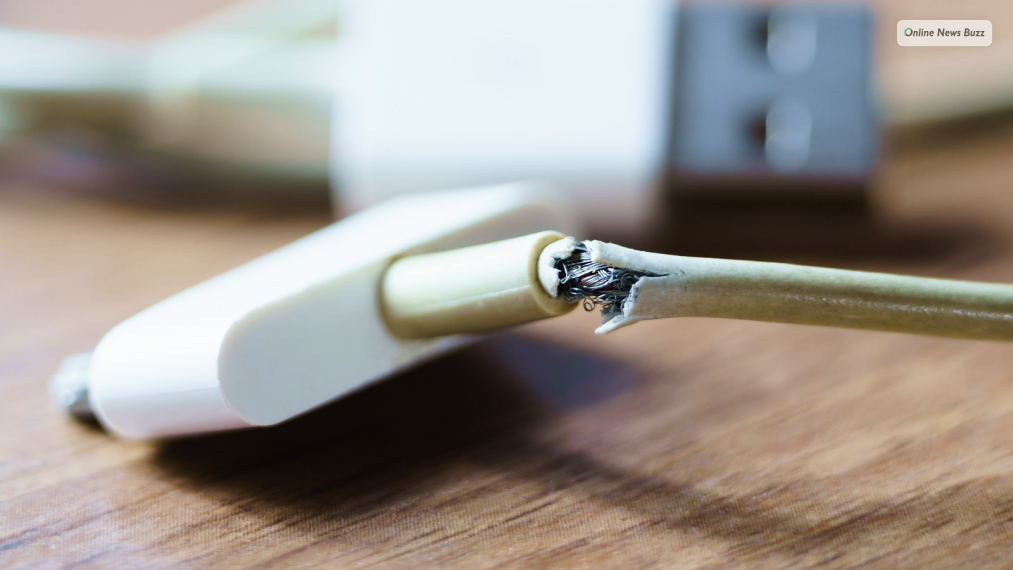
Did you hurt yourself because of a defective product? However, you don’t want to make a big deal out of it? Then this article is a must-read for you.
It’s easy to understand why some people don’t pursue a lawsuit between close calls and minor injuries that don’t require medical treatment.
The problem is that defective products are more common than people realize. Federal product liability cases have been increasing exponentially since 2015.
Some law firms have handled more than 25,000 cases, including multidistrict cases against Johnson & Johnson, Ford, and Abbot Laboratories.
The most common product liability lawsuits include:
- Defective vehicles
- Dangerous children’s toys
- Manufacturing or design defects
- Dangerous pharmaceuticals
- Toxic food products and containers
- Defective household appliances
You might find it pointless to sue a company when your injuries aren’t severe, regardless of how you got hurt. However, if you are injured because of a defective product, regardless of the extent of your injuries, there are several reasons to pursue legal action.
1. Other People Won’t Be So Lucky To Use A Dangerous Product
Pursuing a lawsuit could save lives. Not everyone will be lucky enough to get away with only minor injuries or a close call. Defective, dangerous products are dangerous, period.
By pursuing legal action, you’ll bring awareness to the problem quickly, which will give others a chance to avoid the product, either through warnings or a voluntary manufacturer’s recall.
For example, GM recalled over 2.6 million cars made between 2004 and 2014 because of a faulty ignition switch. The company knew the switches were faulty and could cause vehicles to stall, which disabled all safety features.
After 124 deaths attributed to the faulty switches, in 2014, GM finally admitted to knowing about the problem. So, a class-action lawsuit of $120 million was filed and settled.
2. A Lawsuit Could Change Industry Regulations
Sometimes, lawsuits force industries to change bad practices, source better materials, or adopt safer regulations. It’s not uncommon for settlements to require the corporation to change the way they operate.
Unfortunately, it sometimes takes long battles to change regulations when the corporation is a giant in the industry with endless legal funds. For example, in 2015 the International Agency for Research on Cancer (IARC) classified glyphosate as a “probable carcinogen.”
Do you know the main ingredient in the popular weed killer Roundup is Glyphosate? Want to know who made this weed killer? It was Monsanto which is now Bayer.
Despite juries awarding millions of dollars to cancer victims in high-profile lawsuits against Bayer, a California judge blocked efforts to require Roundup labels to carry a cancer warning.
However, it’s not over. More than 125,000 lawsuits have been filed. Given enough time and pushback from consumers, Bayer will eventually be forced to print the warning.
Your lawsuit may not be the lawsuit that forces change, but all lawsuits add up over time, and eventually, something must give, and changes will be made.
3. Product Liability Lawsuits Keep Companies In Check

If nobody ever filed a product liability lawsuit, companies would get away with cutting corners more than ever. Unfortunately, any corporation would cut corners in a manner that results in injury, but it happens.
When the cost of materials goes up, some manufacturers start using cheaper materials that weaken the overall integrity of their products. Other companies cut corners with production to save money on machinery or manual labor.
You will find another problem that companies don’t always take immediate action when you report product-related dangerous problems. When halting production will kill profits, sometimes they allow the issue to continue until someone finally files a lawsuit or calls them out publicly.
For example, take Johnson & Johnson which for decades misguided its customers with its products. However, in the 1970s lab results showed that their talc was contaminated with asbestos.
When you file a defective product lawsuit, you’re telling that company and everyone in the industry that consumers aren’t going to take the hit and rollover.
4. Consult A Personal Injury Lawyer

No matter how small your injuries are, if you got hurt while using a defective product, it’s in your best interest to consult with an attorney. Any injury deserves compensation. If the product’s manufacturer is negligent, a jury might also award punitive damages.
When you contact an attorney, you might find that other people are filing similar lawsuits. Your case could be combined with a multidistrict lawsuit, or your attorney may suggest joining a class-action lawsuit.
However, don’t hesitate to move forward if you choose to pursue legal action. Hold the manufacturer accountable so nobody else experiences the same (or worse) injuries. You have the right to get a quality product instead of a defective product when you have paid for it. So, take a stance and file for damaged product claims to get what you deserve.
Frequently Asked Questions
Several people have questions about defective products and what to do with them, just like you. You will find some of the frequently asked questions on injuries because of defective products.
If you are injured because of a defective product, you must seek medical assistance. Once you get medical help, keep your doctor’s note and medicine bills to provide proof when filing for damage because of the product. Additionally, you can ask your doctor to describe your injury and provide you with medical bills because of the injury.
Secondly, you must report the incident. Lastly, consult a personal injury attorney to take advice on your case. So, you can fight the case in court using your personal injury attorney.
You must contact your seller when you get a defective product and record the evidence, i.e., the defective product. So, if your seller denies you can provide proof of getting a defective product.
If your seller provides a replacement, then it’s fine; however, if the seller refuses, then file a lawsuit.
Wrapping Up
We understand why people avoid lawsuits. Lawsuits are time-consuming, in which you receive compensation for damaged products after several months or years. You take time to attend hearings and provide the necessary documents to prove your charges.
This takes away from living your life properly and disrupts your plans for the year. However, you must remember that you paid in full for the product, so you deserve to get it all. Therefore, you shouldn’t move on when you get a damaged product but instead act.
Read Also:




























